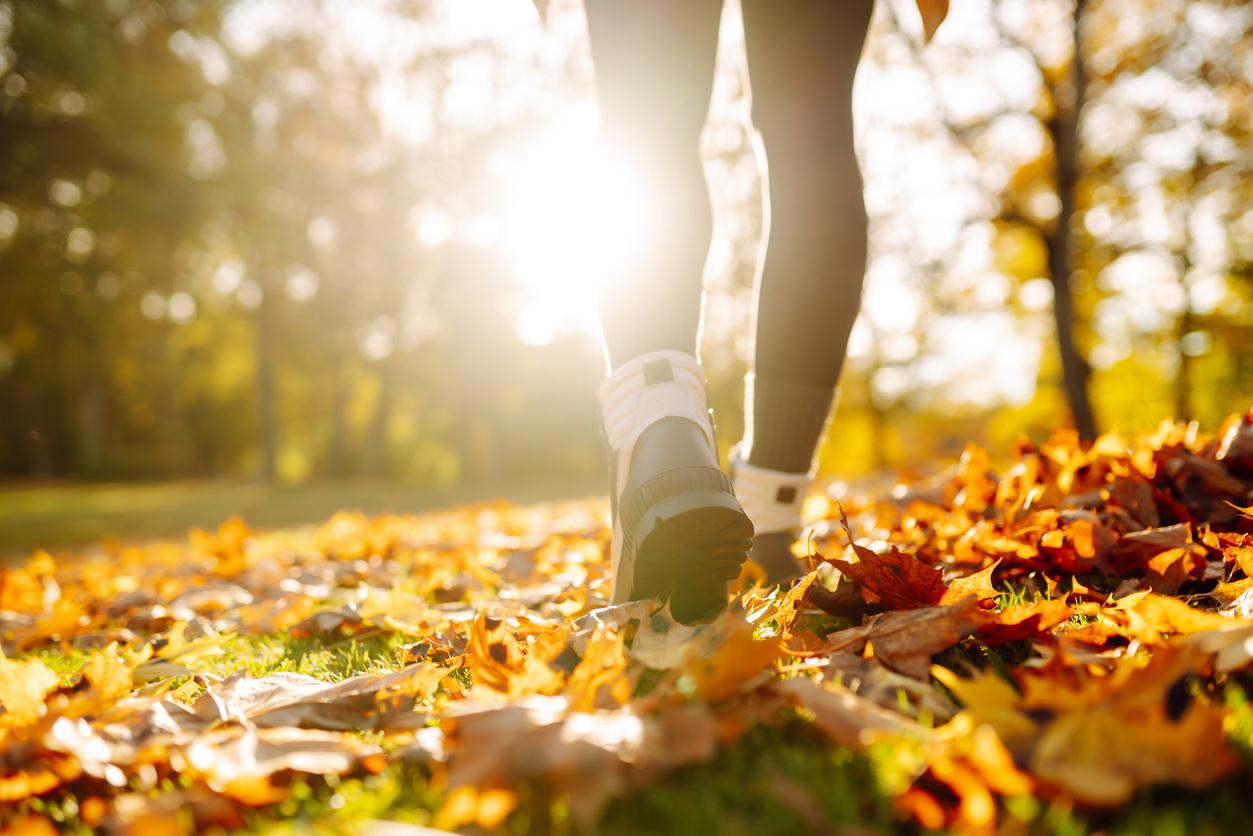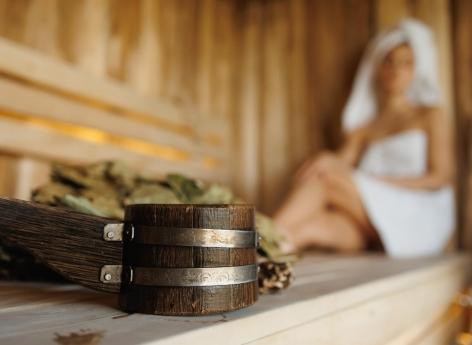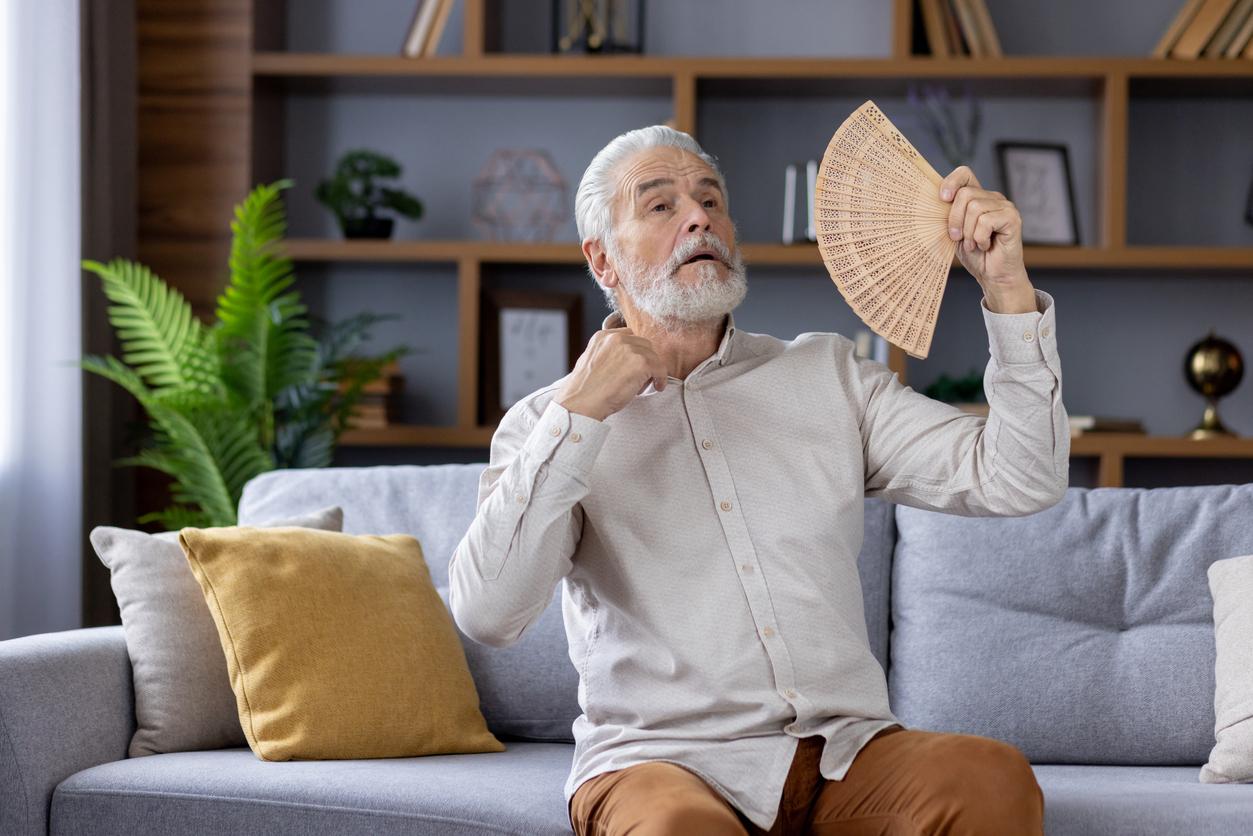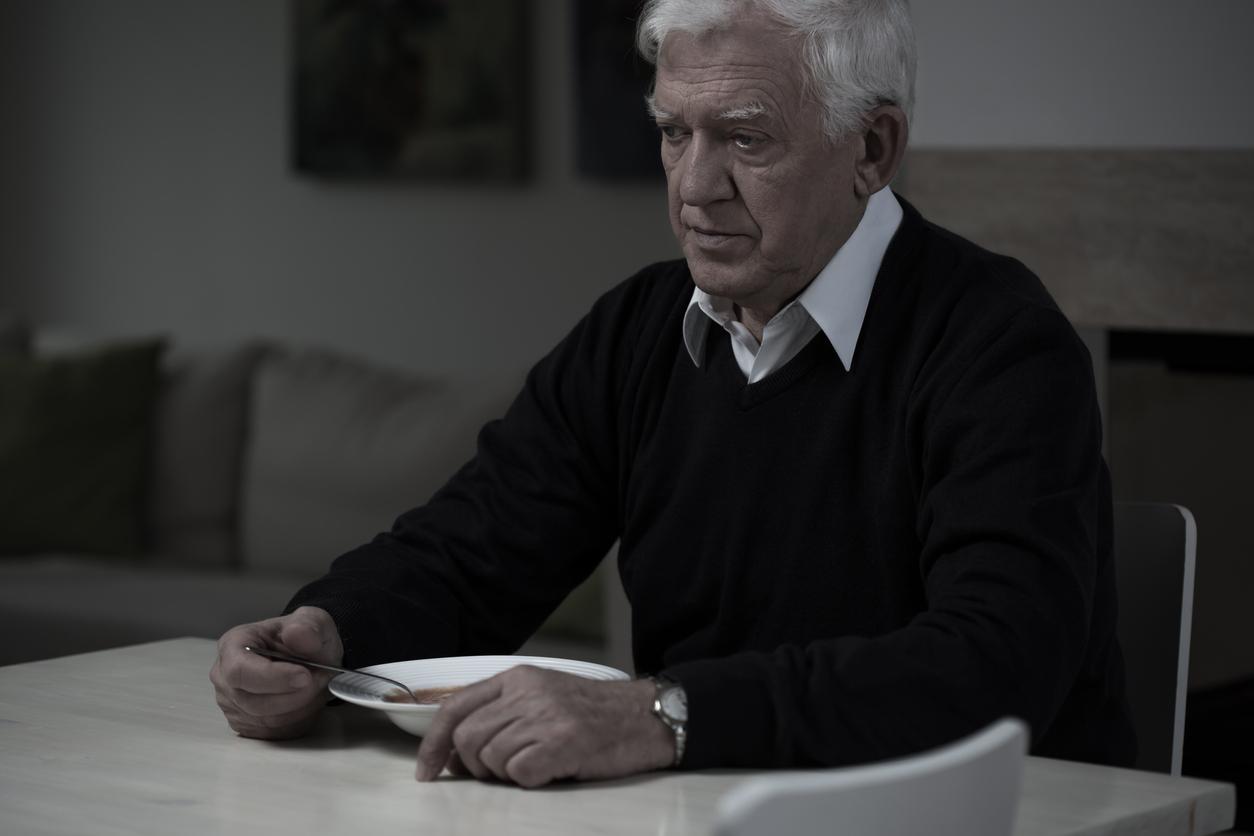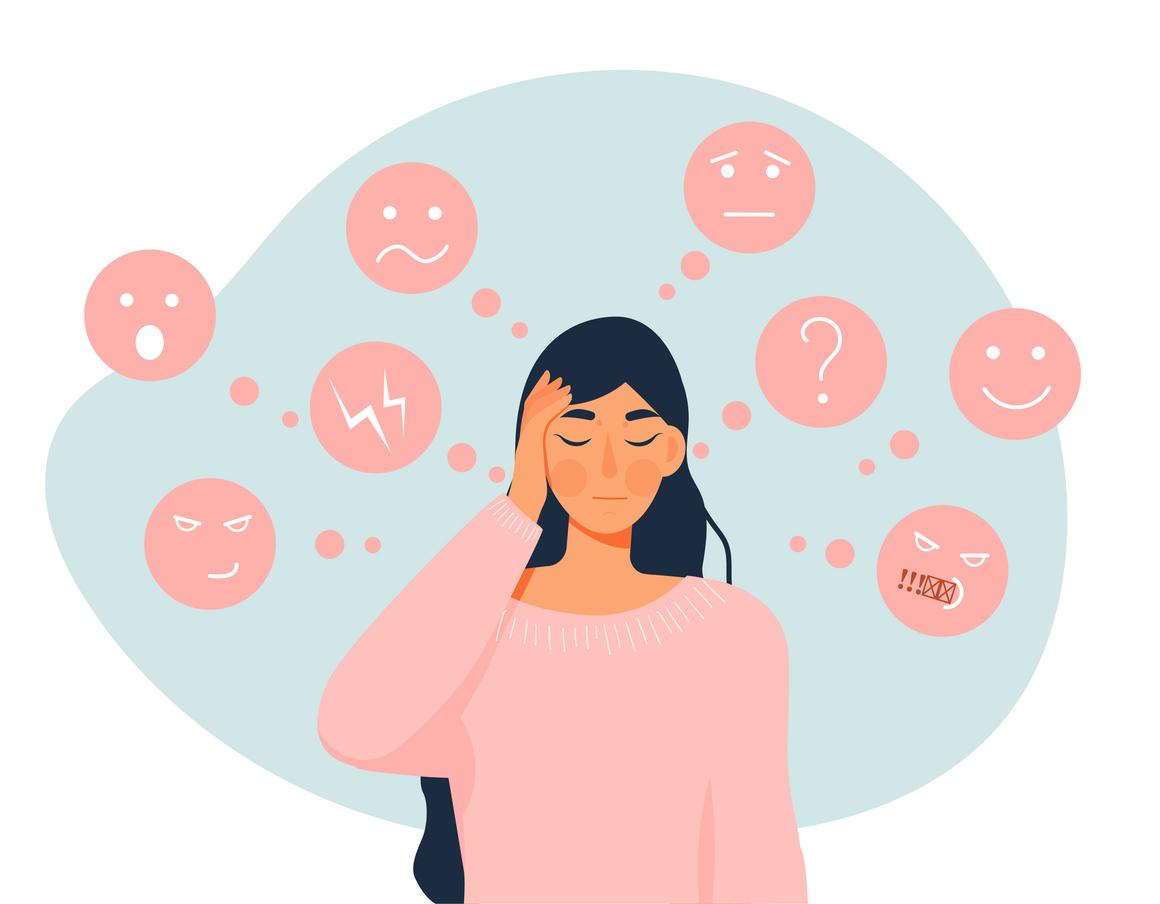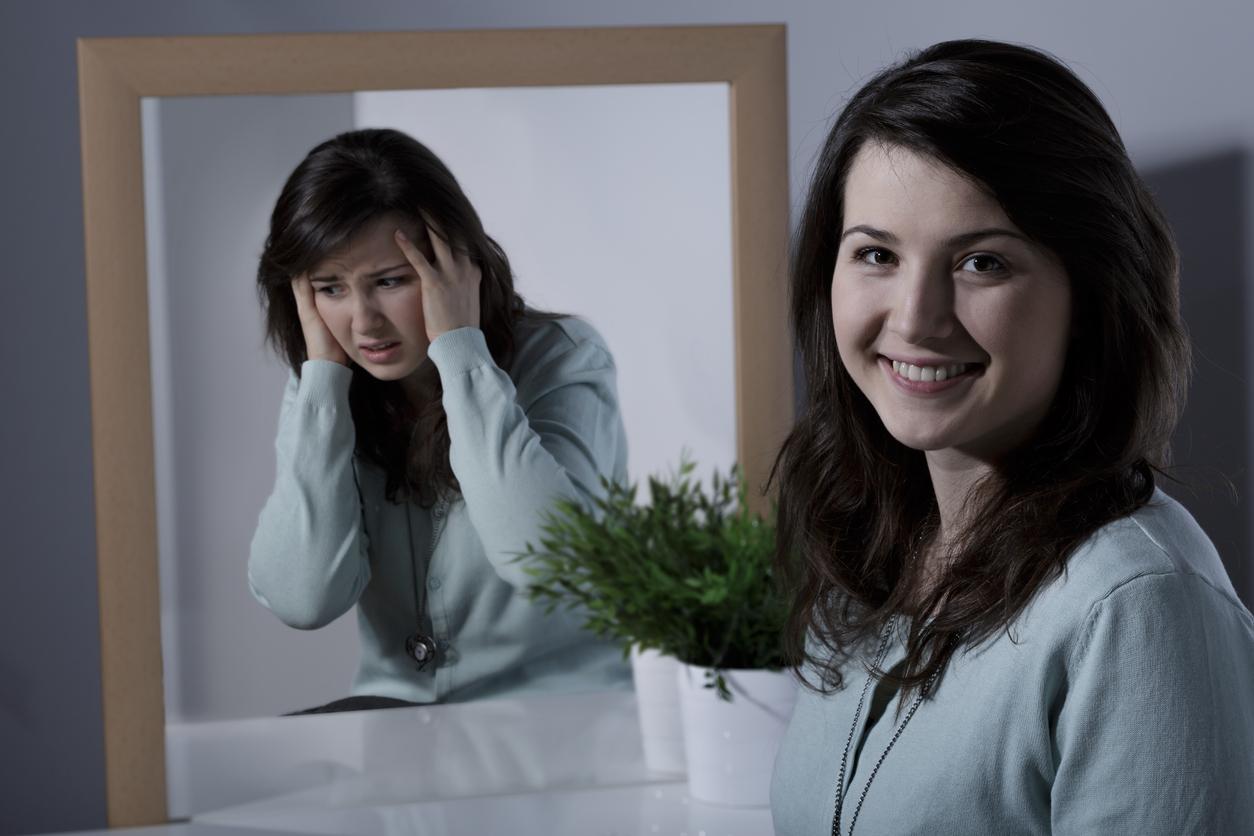We have morale in the socks. This is the result of the Covi-prev study published regularly since the start of the health crisis by the National Public Health Agency in France. According to this organization, the upward trend in depressive states is confirmed. Between the end of September and the end of November, the proportion of depressed French people rose from 11 to 23%.
Professor Michel Lejoyeux, professor of psychiatry at Bichat Hospital and author of “The 4 times of rebirth” published by Jean-Claude Lattes, gives us his advice.
Distinguish between depression and depression
This distinction is fundamental. “Depression is a real disease which results in particular in a lack of desire, of desire, a slowing down of our rhythm or guilt, explains Michel Lejoyeux. Depression is something else. We are in a sad emotion, we feel frustration and anger, we would have liked to spend these holidays normally. But we are not sick. It’s just depression.” This is why, advises the expert, we do not throw ourselves on tranquilizers or other anxiolytics to pass this delicate period. And we become aware of the temporary nature of this state.
Don’t be in denial
The situation is stressful, that’s a fact. There is no need to give in to ideas such as “we must at all costs be positive, transform all these constraints into opportunities”. There is no denying the reality of stress. You just have to keep in mind that we are all in the same boat, that it is not an individual anxiety. “We are not isolated, or in guilt, we have nothing to reproach ourselves for”, emphasizes Michel Lejoyeux. This situation, which the psychiatrist qualifies as “collective trauma” is not our fault, and consequently, he continues, “We are not alone in this crisis”. By adopting these points of view, that is to say not denying it and realizing that we are not alone in going through this period, our minds will lighten up.
Cultivate your altruism
“Being interested in the other rather than in oneself remains a very good therapy”. This can make us totally change our perspective on this holiday season. We can heal ourselves by taking an interest in others, in their lives, their conditions. And thus replace conviviality with altruism. Make a phone call to an elderly, isolated or disabled person, have a gift delivered to them, offer an association a little of their time to help, organize zoom meetings with people who feel alone, it’s up to you to find what suits you best according to your possibilities. Knowing that you make people happy can often cure your own ills.
Express gratitude
Do you miss the large tables of festive evenings? Replace them with expressions of gratitude to your loved ones. Write a note to your loved one, or someone dear to your heart. “Make a list of 3 great things he or she has brought you. Take your pen, your computer or your laptop and express yourself freely”, further advises Professor Lejoyeux. Why not a letter written in pen with an envelope wrapped in a red ribbon. You will make an invaluable end-of-year gift to your recipient. And in addition, you will feel much better afterwards since you will realize that you are well surrounded to face this complicated period.
In conclusion, do not impose anything on yourself, but make a return to fundamental values to better accept this difficult phase.
Read also:
- What if we woke up in full consciousness?
- Meditation: 3 tips for not letting anxiety get to you
- Suicide prevention: 3 unmistakable signs in men








